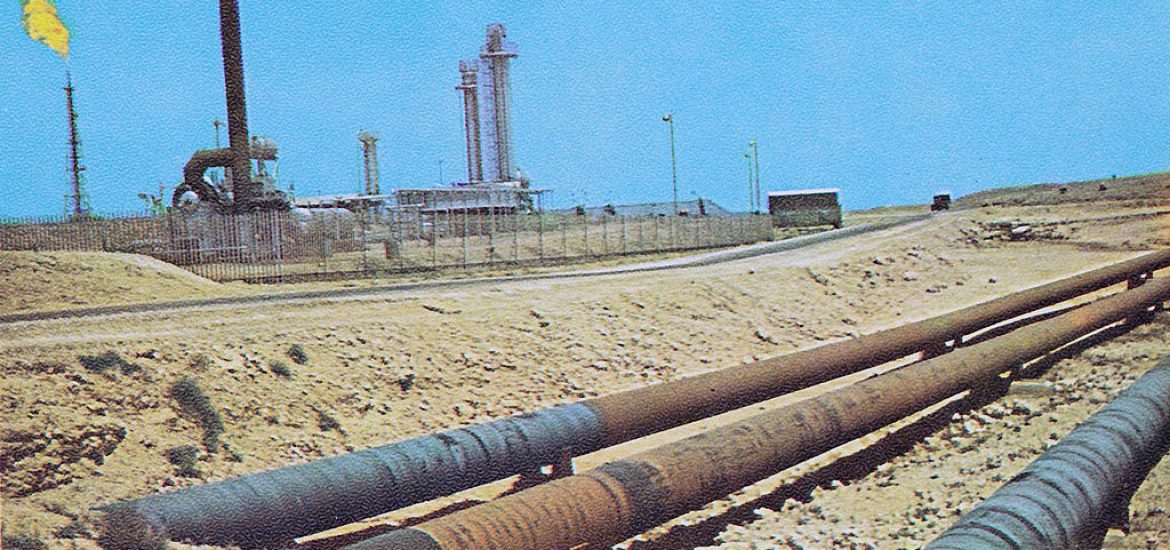
India has reportedly handed Iran a tax break worth hundreds of millions of dollars, effectively giving the all-clear to a crude oil import agreement that had previously been blocked by US sanctions.
India, one of among eight countries exempted from November’s US oil sanctions for half a year, will pay for the oil in the rupee as the main banking channels dealing with global currencies are blocked by Donald Trump’s measures.
The US$1.5-billion crude oil deal was signed on November 2 between the Indian finance ministry and the National Iranian Oil Company (NIOC).
A payment to a foreign company operating in India would have normally been saddled with tax of 42.5 per cent, or around US$637 million, which would have excluded Iran, Reuters reported.
But an exemption from the tax was signed by New Delhi’s finance ministry on Friday and was backdated to November 5, the report said.
The rupee cannot be freely traded internationally and would be used to pay for Indian imports, invest in Indian employers and pay expenses of Iranian missions and students based in the subcontinent.
“In the previous round of sanctions Iran was allowed to use funds for imports from India but this time we have expanded the scope for use of funds to benefit both nations,” an Indian government source said.
The future of the Obama-era Iran nuclear accord is in jeopardy as Iran no longer enjoys the billions in sanctions relief it was granted under the agreement in exchange for limitations on its nuclear activity.
The Iranian rial has crashed along with oil exports since November, although India and China continue to buy from Iran.
An Iranian activist says Trump’s sanctions are deeply counterproductive. The measures were supposed to paralyse the Iranian economy but they were blocking societal progress and leading to greater oppression, according to Iranian women’s rights activist Bahareh Hedayat.
She told DW: “The United States has been imposing sanctions on one country or another for 50 years: Cuba, Libya, Iraq, Iran, North Korea. Where, in which country, has it achieved its aims?”
Hedayat said the economic measures were stunting growth.
“A lot of newly created jobs have been lost. Now the system is again looking for ways to bypass the sanctions, and in doing so it leaves the door wide open for corruption. Ultimately, it’s the ordinary people in Iran who have to suffer the consequences.”
Hedayat was freed from prison in early September 2016 after spending more than six years incarcerated, in part for campaigning for gender equality.
Iran’s Kharg oil hub. Picture credit: Wikimedia





